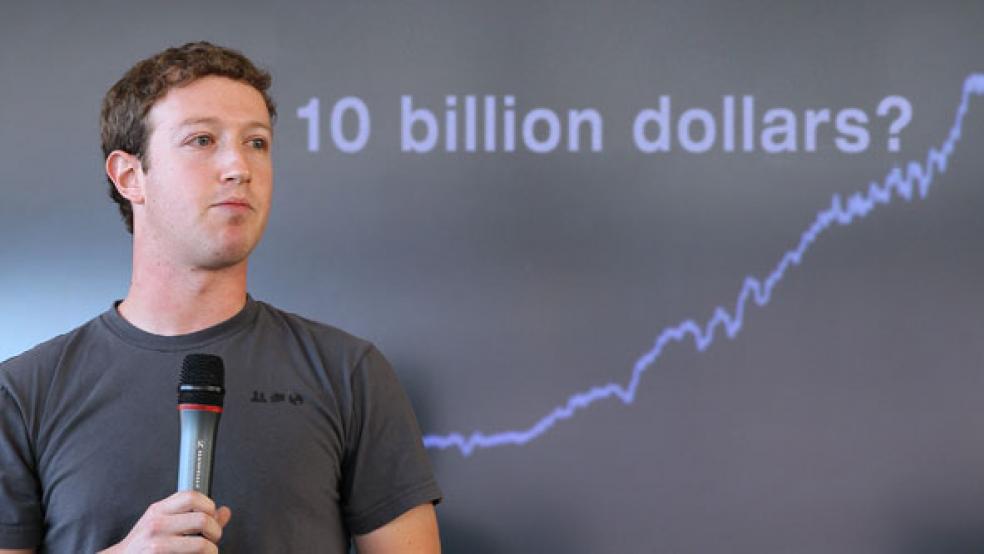The National Bank of Facebook won’t be setting up branches on the corner anytime soon, but the world’s largest social network is apparently moving further into financial transactions than just facilitating the purchase of virtual cows for Farmville players.
According to a report in the Financial Times, the California-based social media giant is only a few weeks away from receiving approval to operate as an “electronic money institution” (EMI) in Ireland. Because of European Union regulations, this would allow Facebook to offer transactional and payments services across the EU.
Related: Facebook and the Extremely Creepy Possibilities for Virtual Reality
According to the Central Bank of Ireland, electronic money is “value stored on a technical device such as a chip card or indeed, a computer memory. Electronic money (E-Money) can be best described as a digital form of cash since it has many of the characteristics of cash.”
The approval would move Facebook more directly into competition with the likes of Google, PayPal and other providers of mobile payment services. The value of such mobile transactions is expected to grow by an average of 35 percent a year until 2017, according to a 2013 report from research firm Gartner. Such growth would lift the total value of such payments from some $163 billion in 2012 to $721 billion in 2017, Gartner projected.
Customers of Facebook’s electronic money services would effectively “deposit” money with the company in exchange for a claim against Facebook that allows the customer to direct the company to make payments on the customer’s behalf. These payments could be made either to merchants or individuals willing to accept Facebook credits.
It is unclear at the moment whether and how a user of the service would be able to take money out of the Facebook system, though the company already does a robust business processing payments for third-party online applications that allow purchases, such as FarmVille. Presumably, a user’s Facebook profile could be linked to a bank account or stored value card that would allow users access to their money outside the Facebook environment.
Also unclear is whether or not money deposited with Facebook would be insured in any way. Deposits in U.S. banks, for example are insured up to $250,000 per depositor.
Related: These Tech Titans Just Lost a Lot of Money
The EMI application in Ireland is seen as Facebook’s first move in an effort that will reach beyond the EU and into emerging markets, where the lack of established financial infrastructure has led to explosive growth in the online and mobile payments sectors.
Any extensive push by Facebook into the financial services arena will surely raise privacy concerns. As a free service, Facebook makes much of its money by selling advertisements targeted to individual users based on the company’s ability to mine vast amounts of data that users put online.
The recent discovery of the Heartbleed bug, an easily exploited flaw in commonly used data encryption software, may also cause users to be reluctant to move significant amounts of money into a virtual Facebook account.
Facebook did not respond to a request for comment on this story.
Top Reads from The Fiscal Times





